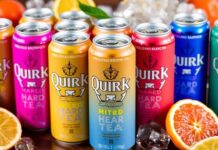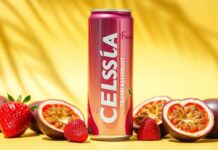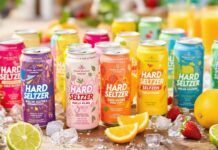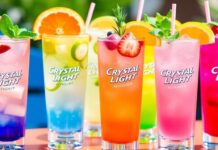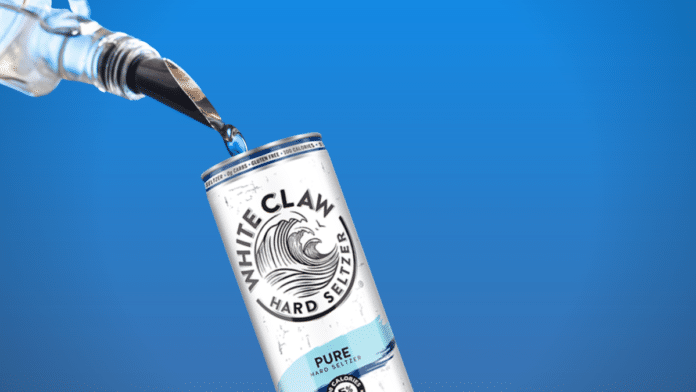Alas, it is true; White Claw is not a vodka soda. Confusion about hard seltzer alcohol base is prevalent on the web, somewhat due to the lack of information about this rapidly rising category.
Perhaps the very quick rise in popularity has contributed to this confusion. However, many of the hard seltzer category’s leading brands, including Truly, Vizzy, Bud Light Seltzer, and of course White Claw are actually spiked with fermented malt or cane sugar.
Like beer, cane sugar or malt-based hard seltzers like White Claw and Truly get their alcohol through a fermentation process. However, while beer is brewed from cereal grains such as barley or rice, hard seltzer begins with a base of pure cane sugar. Carbonated water and unique flavorings are added later in the brewing process.
The Tax Man Cometh
There are pros and cons to using fermented alcohol instead of hard liquor, such as vodka. States have different laws regarding alcohol sales, with many limiting vodka and other spirits to liquor or state stores.
, for instance, is one of the top selling ready-to-drink (RTD) canned cocktails on the market. Yet since it is vodka-based, in some states it is only available in liquor stores, while consumers in other states can buy it from a grocery or drug store.
In addition to sales restrictions, beverages that are brewed (like beer) are taxed at a lower rate than spirits. Since seltzers like White Claw and Truly are brewed like beer, they enjoy lower tax rates than spirits-based RTDs like High Noon.
By comparison, in New York City a vodka-based RTD contains more than $2 additional in taxes per six-pack.
For consumers seeking a low calorie, light, sessionable beverage with a hint of fruity flavor, hard seltzers make good economic sense, too, thanks to its brewed tax breaks.
Consumer Demand for Clean Taste
The market has been thirsty for a brewed beer alternative with the mass appeal of hard seltzer for years. Malt-based beer-alternatives like Mike’s Hard Lemonade and Zima have enjoyed their fifteen minutes of fame, but none seem to have the staying-power of hard seltzer.
The key difference is seltzer’s base of fermented sugar, which allows for a more neutral flavor than the cereal grains that provide the taste so many of us have come to associate with beer.
Hard seltzer is also naturally low in sugar, as the sugar base is converted to alcohol during the fermentation process. When fully attenuated, he only sugar present in the final product comes from the flavoring agent.
Compared to a vodka soda, hard seltzer is much lower in alcohol per serving. White Claw set the industry standard of five percent ABV. As the average vodka contains 40 percent ABV, you’d need a one to seven vodka/ water ratio to make a cocktail of equal strength as a hard seltzer (some folks prefer a stiffer cocktail).
For many hard seltzers, using a proprietary malt-based fermentation process allows their brands to be more accessible. They enjoy a lower tax rate than spirits, and face fewer sales restrictions in many states. So while White Claw does not contain vodka, its status as a malt beverage may have helped its growth.
- Molson Coors Increases NA Foothold with La Colombe Coffee - September 15, 2021
- Half Time Beverage Adds Seltzer and Canned Cocktails Gift Packs - September 14, 2021
- Coming Soon: Great Lakes Agave Twist Ranch Water - September 13, 2021


